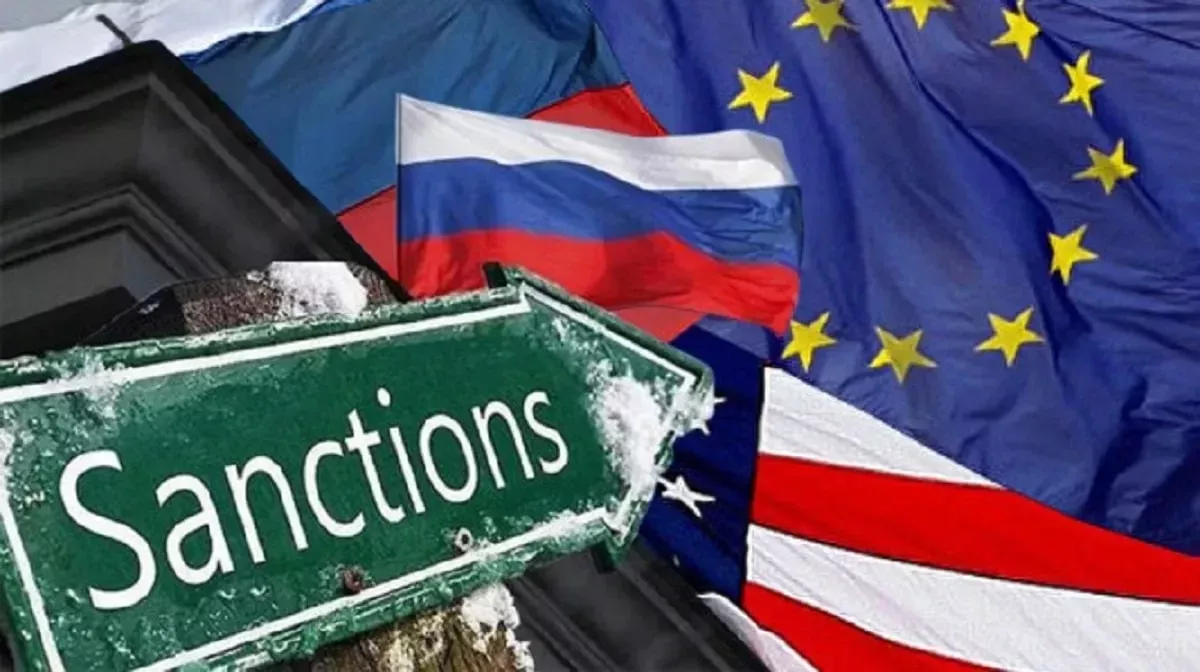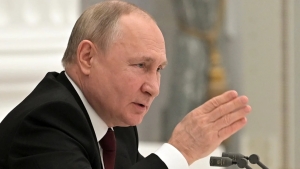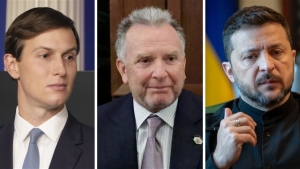
The member states of the European Union have unanimously adopted the 19th package of sanctions against Russia due to the military conflict in Ukraine. This was reported by Zamin.uz.
This decision was made ahead of the European Council meeting held in Brussels on October 22. According to an official statement from the Danish government, all member states supported the sanctions package and agreed to remove objections.
The official approval process has begun, and if there is no opposition, the package will be adopted tomorrow. Sources in Brussels emphasized that the restrictions against Moscow were approved unanimously.
While Slovakia initially expressed opposition, Hungarian Prime Minister Viktor Orban arrived late to the meeting and handed over his vote to Slovak Prime Minister Robert Fico. Austria also stated that it would not block the package.
The 19th package prepared by the European Commission in mid-September contains significant restrictions related to the energy sector. Specifically, from January 1, 2027, the import of liquefied natural gas from Russia will be completely banned.
Additionally, the list of vessels owned by Russia will be expanded. The sanctions apply not only to Moscow companies but also to third countries and their firms that trade Russian energy resources bypassing restrictions, especially monitoring operations conducted through cryptocurrency.
The new package prohibits any deals with "Rosneft" and "Gazprom Neft" and further lowers the price cap on Russian oil. Through this, the European Union aims to reduce Russia's revenue from energy exports.
During the discussion, a proposal to restrict tourist Schengen visas for Russian citizens was considered, but ultimately visa restrictions were not included in the list. As a result, the European Union has taken an important step in its long-term pressure policy against Russia through the new sanctions.
Experts believe that this decision is a serious signal for Moscow not only economically but also politically.







